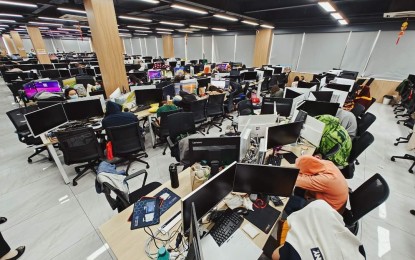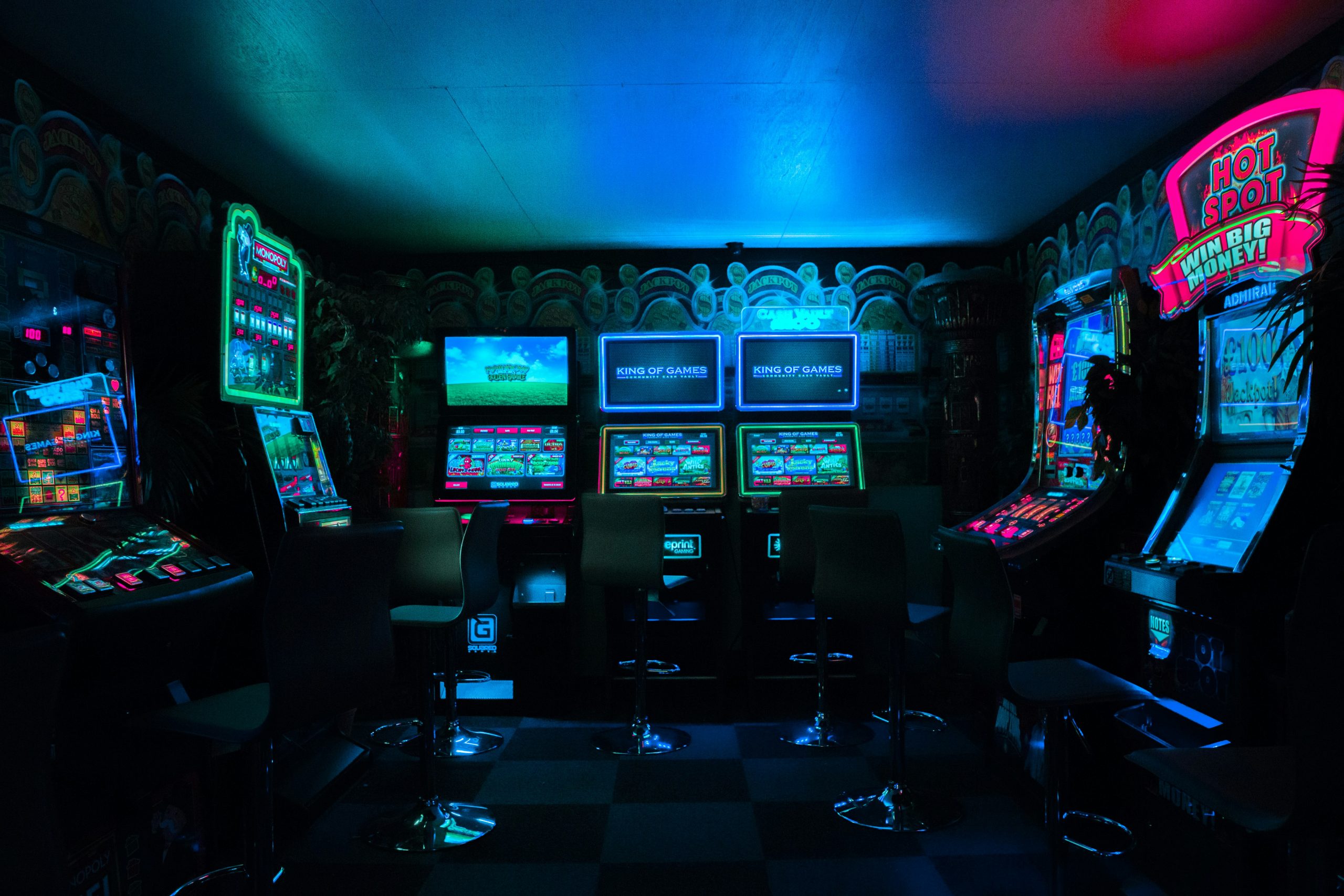Gambling
POGO update: Offshore gaming operations down to 17 as deadline approaches

Philippine offshore gaming operations are on notice to exit the country no later than 31 December. But clusters of illegal activity continue, and a government official warns new POGOs may crop up.
Philippine POGOs are going, going, gone. Almost.
In July, president Ferdinand Marcos Jr. outlawed the offshore gaming operations, which were linked to human trafficking, prostitution and murder. He ordered operations to cease immediately, and phase out completely by 31 December.
The evacuation is working, according to Alejandro Tengco, head of the Philippines Amusement and Gaming Corporation (PAGCOR).
Only 17 POGOs remain, down from almost 300 in 2019, Tengco said in comments reported today (10 December) by the Manila Times. He expressed confidence that there will be “no more licensed POGOs operating by the end of this year”.
He could not make the same statement about unlicenced operations. Secretary Jonvic Remulla of the Department of the Interior and Local Government (DILG) warns that homegrown operations could emerge, as opportunistic Filipinos set up shop underground.
“We are mounting guerrilla operations” to stem the tide, Remulla said.
POGOs reflect “failures of governance” in Philippines
A Senate probe of the industry concluded in November. It determined that illegal POGOs were infiltrated and underwritten by Chinese interests. Some lawmakers called it a “Trojan horse” strategy to install Chinese loyalists in positions of local power in the Philippines.
The poster child in the case was Alice Guo, also known as Guo Hua Ping. The Chinese national masqueraded as Filipina to run for office in Bamban, Tarlac province in 2022. Guo was elected mayor, and reportedly was a key figure in the operation of a POGO in the rural area. She faces multiple charges, including money laundering and human trafficking.
An editorial in the Philippine Inquirer said Guo personifies “the failures of governance that made the rise of POGOs possible.
“The proximity of POGOs to military bases and reports of alleged People’s Liberation Army uniforms in POGO compounds raise concerns about espionage, amplifying fears of national security breaches that could compromise the country’s defense capabilities”, the editorial continued.
“This presents a grave threat to peace and order as well as the national security of the Philippines”.
Arrests, deportations ongoing
Meanwhile, law enforcement continues to rout suspected POGO operatives. The National Bureau of Investigation (NBI) will pursue charges against 60 people arrested at a suspected POGO in Davao del Norte.
According to the Philippine Star, the POGO was originally based in Luzon. Apparently, after raids on other POGOs in the vicinity, it simply pulled up stakes and moved to Davao del Norte. NBI director Archie Albao said local officials may have helped to shield the operation.
Last week, officials with the Philippines Presidential Anti-Organized Crime Commission (PAOCC) escorted 187 foreign POGO workers to Ninoy Aquino Airport for deportation to Shanghai.
Government officials under the microscope
In related news, former president Rodrigo Duterte cannot be linked to illicit POGOs, Department of Justice undersecretary Nicholas Felix Ty told GMA News. The offshore industry was established and flourished during Duterte’s regime, from 2016-22.
However, Duterte’s onetime spokesman, attorney Harry Roque, stands accused of being the “legal head” of a POGO in Porac, Pampanga. Roque fled the country and is now in Abu Dhabi. He has denied the allegations.
Finally, today’s Philippine Star reports that lawmakers will recommend charges against 10 former and current government officials for alleged involvement in POGOs, extrajudicial killings and illegal drugs.
“We have to finalize our recommendation on Thursday”, said Suriago del Norte Rep. Robert Ace Barbers of the House of Representatives. “There we will present it before the plenary for the approval of the entire House”.









